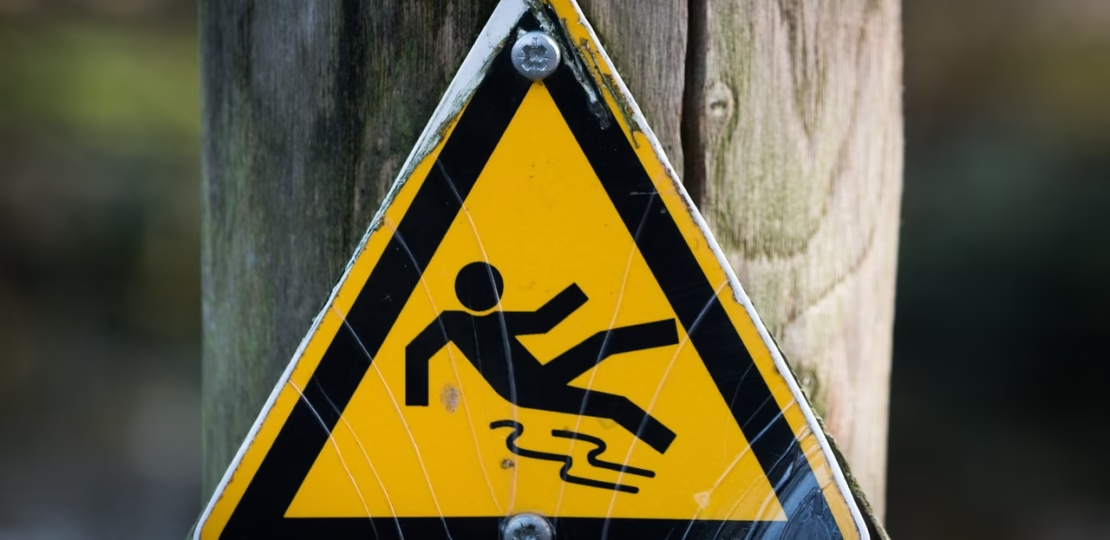Record Dengue Surge Prompts CDC Health Alert—Prevention Tips
June 27, 2025 | by Rachel Bloom

Record Dengue Surge Prompts CDC Health Alert
Practical Prevention Tips & The Warning Signs You Need to Know
As I write these words on a warm June morning, I can almost hear the sleepy buzz of mosquitoes waking for the day. This year that sound carries new urgency. In March 2025, the Centers for Disease Control and Prevention (CDC) issued a Health Alert after dengue infections reached historic levels across the Americas and U.S. territories such as Puerto Rico and the U.S. Virgin Islands (New York Post). Globally, the World Health Organization (WHO) logged more than 12 million cases in 2024 alone—nearly doubling 2023’s total (WHO news release). That climb has continued into 2025, driven by climate shifts, rapid urban growth, and the adaptable Aedes mosquitoes that love living close to us.
Why the Sudden Spike?
Warmer, wetter climates. Rising temperatures shorten the mosquito life-cycle and expand their range northward, including parts of the southern United States.
Urban density. The Aedes aegypti mosquito thrives in back-yard containers, clogged gutters, and even bottle caps. Dr. Isik Unlu of Miami-Dade Mosquito Control reminds us that “almost everything you see in a backyard can become a breeding ground” (WBAL-TV).
Travel. Spring-breakers heading to the Caribbean or Latin America may unknowingly bring dengue home, and the first week of illness is enough for local mosquitoes to pick up the virus and spread it onward.
How Dengue Spreads
Dengue viruses ride on the bite of daytime-active Aedes mosquitoes. Once infected, a person can’t pass the virus directly to someone else—only through another mosquito that bites within the first week of illness. Because there are four distinct dengue serotypes, immunity after one infection is partial, and later infections can be more severe (CDC: Dengue on the Rise).
Recognizing the Warning Signs
Typical symptoms (3–10 days after a bite):
- Sudden high fever (often ≥ 102 °F / 39 °C)
- Severe headache behind the eyes
- Muscle, bone, or joint pain that earns dengue its nickname “break-bone fever”
- Nausea or vomiting
- Rash appearing days 3–5
Seek urgent care if any of these appear 24–48 hours after the fever subsides:
- Persistent vomiting or abdominal pain
- Bleeding gums or nose, blood in stool or vomit, easy bruising
- Restlessness, irritability, or extreme fatigue
- Sudden drop in blood pressure (faintness)
These “severe dengue” signs can progress quickly to organ failure. Early IV fluids and monitoring save lives, so don’t wait.
Prevention Starts Where You Live
The most powerful defense remains simple: avoid mosquito bites and eliminate standing water. The latest CDC advisory outlines the following steps (CDC HAN 00511):
- Use EPA-registered repellents with DEET (20–30%), picaridin, IR3535, or oil of lemon eucalyptus, reapplied as directed.
- Wear long-sleeved, loose-fitting clothing; treat gear with 0.5 % permethrin for extra protection.
- Dump and scrub birdbaths, buckets, gutters, tires, and plant saucers every 3–4 days.
- Ensure window and door screens are intact; use air-conditioning or fan-driven nets if possible.
If someone in your household has dengue, keep them under a bed-net or indoors and continue repellent use for a full week to avoid infecting local mosquitoes.
Travel Smarts in a High-Risk Year
Before you book flights or pack suitcases:
- Check destination-specific dengue activity on the CDC Travelers’ Health site.
- Pack a “mosquito kit”: mini repellents, permethrin-treated long pants/shirts, and after-bite soothing gel.
- Choose lodgings with AC and screened windows; if not available, sleep under insecticide-treated nets.
- Monitor for fever up to two weeks after return; alert your clinician about recent travel if you feel unwell.
Where Vaccines Fit In
The United States has one approved dengue vaccine—Dengvaxia—for children 9–16 years who have already had dengue and live in endemic areas. Internationally, WHO now recommends a two-dose regimen of Q-denga (TAK-003) for children 6–16 years in high-transmission settings (WHO: Dengue Vaccines). For most adults, prevention is still all about mosquito control and early care.
A Note of Calm & Community
Yes, the numbers sound daunting, but please remember: knowledge and collective action flatten outbreaks. Simple daily habits—emptying that forgotten flowerpot, wearing repellent on a morning walk, keeping an eye on neighbors who fall ill—create ripples of protection. When communities band together, mosquito populations plummet and viruses lose their ride.
Stay mindful, stay kind to yourself, and let’s keep those summer breezes mosquito-light and worry-free.

RELATED POSTS
View all



